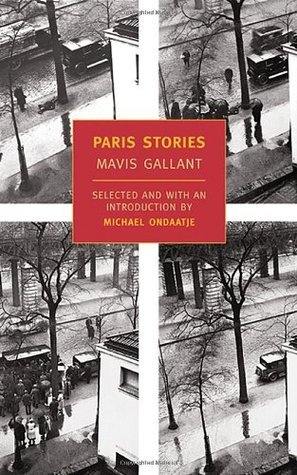What do you think?
Rate this book


378 pages, Paperback
First published January 1, 2002

There is something I keep wanting to say about reading short stories. I am doing it now, because I may never have another occasion. Stories are not chapters of novels. They should not be read one after another, as if they were meant to follow along. Read one. Shut the book. Read something else. Come back later. Stories can wait.Rather, that is, than blasting through it straight in three days (what can I say? Pandemic-induced lockdown.)
Mavis Gallant
General Delivery
Isle of Capri